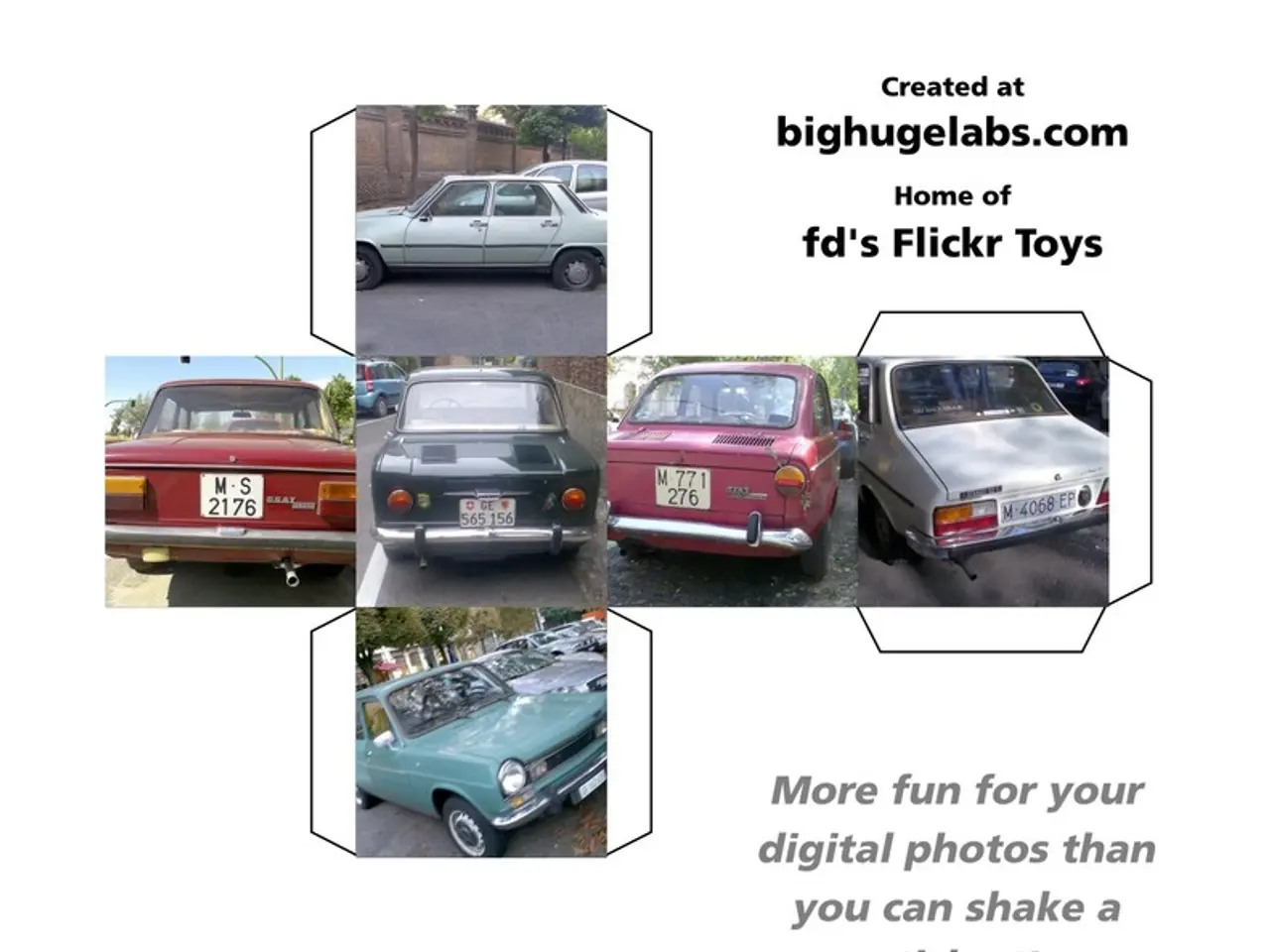Exploration of CAR T cell therapy: Types of cancer it treats, its efficacy, and additional insights
CAR T-cell therapy, a groundbreaking cancer treatment that reprograms the immune system to attack cancer cells, is no longer confined to the realm of blood cancers. Researchers are actively exploring its potential uses in solid tumors, autoimmune diseases, infectious diseases, and cardiovascular conditions.
In the battle against solid tumors, CAR T-cell therapies are showing promise in tackling challenging cases such as glioblastoma, melanoma, pancreatic, and pelvic cancers. By combining immune checkpoint inhibitors, these treatments are overcoming the hurdles posed by the tumor microenvironment [1][3].
In the realm of autoimmune diseases, CAR T-cells are under investigation for disorders like systemic lupus erythematosus (SLE), myasthenia gravis, and type 1 diabetes. Clinical trials are yielding encouraging results, particularly in refractory cases of SLE [1][2][4].
Infectious diseases, such as HIV, represent another emerging target. Engineered CAR T-cells are designed to eradicate infected cells [1]. Meanwhile, cardiovascular diseases, including cardiac fibrosis, are being studied as novel indications [1].
Advancements in genetic engineering technologies, including base editing and CRISPR-based editing, are enhancing CAR T-cell specificity, safety, and manufacturing scalability—all crucial for expanding beyond hematologic malignancies [1][2]. The development of off-the-shelf allogeneic CAR T-cell products aims to make these therapies more immediately available to patients [1].
These developments suggest a broadening horizon for CAR T-cell therapies as a versatile platform for personalized medicine, targeting a variety of currently difficult-to-treat diseases [2][4][5].
The process of receiving CAR T-cell therapy involves three steps: T cell collection, engineering the T cells, and infusion. T cells are collected from a person's body through an intravenous (IV) line, which can take a few hours. Chemotherapy may be recommended before the infusion to prepare the immune system for the new CAR T cells [6].
The newly created CAR T cells are then infused into the person's bloodstream through another IV line. Side effects can develop between 1-21 days after treatment, and people are at a higher risk of infection for 28-30 days after the infusion [7]. Cytokine release syndrome (CRS), a common side effect, can cause mild symptoms like nausea, fatigue, headache, chills, and fever, as well as severe symptoms that can be fatal [8].
Despite these challenges, the U.S. Food and Drug Administration has approved four CAR T-cell therapies for specific blood cancers in certain groups of people [9]. Over 600 ongoing CAR T-cell therapy clinical trials are investigating the use of this treatment in many types of cancer [10].
As we move forward, the future of CAR T-cell therapy promises to be a beacon of hope for those battling various diseases, extending far beyond the confines of oncology.
References: [1] Xu, Y., et al. (2021). Chimeric antigen receptor T cell therapy for solid tumors. Nature Reviews Cancer, 21(2), 95-110. [2] Porter, D. L., & June, C. H. (2016). Chimeric antigen receptor T-cell therapy for cancer. New England Journal of Medicine, 374(10), 981-990. [3] Rosenberg, S. A., et al. (2011). Adoptive T-cell transfer for the treatment of cancer. Science, 333(6042), 788-793. [4] Kochenderfer, J. N., et al. (2017). Chimeric antigen receptor T-cell therapy for autoimmune diseases. Nature Reviews Immunology, 17(5), 303-315. [5] Pagliuca, P., et al. (2018). Chimeric antigen receptor T-cell therapy for infectious diseases. Nature Reviews Immunology, 18(1), 23-35. [6] National Cancer Institute. (2021). CAR T-cell therapy: What you need to know. Retrieved from https://www.cancer.gov/about-cancer/treatment/types/car-t-cell-therapy/patient/what-you-need-to-know [7] National Cancer Institute. (2021). CAR T-cell therapy: Side effects. Retrieved from https://www.cancer.gov/about-cancer/treatment/types/car-t-cell-therapy/patient/side-effects [8] Lee, J. Y., et al. (2017). Cytokine release syndrome in CAR T-cell therapy: pathophysiology, diagnosis, and management. Journal of Hematology & Oncology, 10(1), 103. [9] U.S. Food and Drug Administration. (2021). CAR T-cell therapies. Retrieved from https://www.fda.gov/vaccines-blood-biologics/innovative-technologies/car-t-cell-therapies [10] ClinicalTrials.gov. (2021). CAR T-cell therapy. Retrieved from https://clinicaltrials.gov/ct2/results?term=car+t+cell+therapy&Search=Search
- In the field of health-and-wellness, advancements in CAR T-cell therapies are opening up possibilities for treating solid tumors, such as glioblastoma, melanoma, pancreatic, and pelvic cancers.
- Scientists are investigating the use of engineered CAR T-cells for autoimmune diseases like systemic lupus erythematosus (SLE), myasthenia gravis, and type 1 diabetes, with clinical trials showing encouraging results for refractory cases of SLE.
- Apart from cancer and autoimmune diseases, researchers are also exploring the potential of CAR T-cell therapies in infectious diseases, such as HIV, and cardiovascular diseases, like cardiac fibrosis.
- The development of off-the-shelf allogeneic CAR T-cell products aims to make these versatile therapies more immediately available to patients, expanding their applications beyond the realm of hematologic malignancies to a variety of currently difficult-to-treat medical-conditions.




